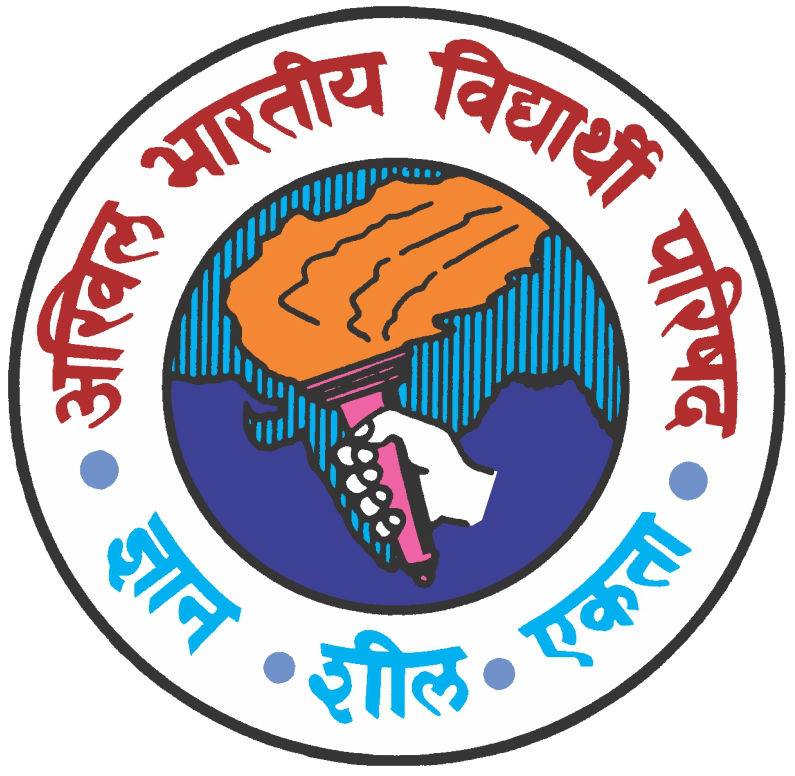The Bharatiya Janata Party’s student wing, the Akhil Bharatiya Vidyarthi Parishad (ABVP), has not covered itself in glory by participating, if not triggering, the ruckus in Delhi University’s Ramjas College. Quite apart from bringing a bad name to the ideology the ABVP professes, Hindu nationalism, its fetishistic desire to fight ‘anti-national elements’ all the time, at all places, and with all means is doing exactly the opposite: it is uniting the Leftist, jihadist, and other unsavory elements and bringing them out of irrelevance.
A seminar in one of the dozens of DU colleges would have gone totally unnoticed—even by the students of the same college. But, thanks to the excessive enthusiasm and unctuousness of ABVP activists, the folks organizing it have their names splattered in national dailies and their views aired on news channels.
The ABVP’s cantankerousness is bad and wrong on many counts. A day after the violence at Ramjas College, ABVP leader and Delhi University Students’ Union president Amit Tanwar told a gathering that his group will continue to protest against “any anti-national elements” in DU. But then what are the police, intelligence agencies, military, and paramilitary forces for? The dharma of students, including that of student leaders, is to study; if they are still enthusiastic in fighting anti-national forces, they need to study even harder so that they could cogently confront the narrative posited by these forces; they ought to have more grey matter rather than muscle to fight the Left.
Unsurprisingly, the ABVP’s strong-arm tactics have attracted the ire of the Press Club of India (PCI), Indian Women’s Press Corps (IWPC), the Delhi Union of Journalists (DUJ) the Editor’s Guild, and Amnesty International India. The PCI was “surprised and anguished at the police inaction.” It went on to term this as an attempt by the police to “silence the press and muzzle it to instill a sense of fear.”
In a statement, IWPC said, “It has been just a year since journalists were assaulted by lawyers at Patiala House courts. We are pained that a similar incident has taken place in Delhi University. We urge the authorities to ensure that such incidents do not recur in future.”
The DUJ said, “There were several assaults [on Wednesday] on journalists covering the disturbances, by protesters as well as police who did not wear name tags. Phones were snatched, cameras grabbed and photographic evidence of the violence was destroyed.”
The mainstream media and public intellectuals can be accused of double standards; they keep quiet when Muslims assault, say, Tarek Fatah or Taslima Nasreen but cry foul when the saffron brigade does something wrong. Their double standards, however, do not justify Hindutvists vandalism: two wrongs don’t make a right.
By not reining in its more excitable members, the Sangh Parivar is doing a disservice not only to the country but also to its own cause. It should never forget that the vile action of an ideologically kindred group, of which Nathuram Godse was part, cost a great deal of harm to Hindutva. While it is true that Godse was not a member of the RSS—at least at the time when he murdered Mahatma Gandhi—the assassination besmirched Hindu nationalism. It took half a century for a Hindu nationalist party, the BJP, to assume office after the murder.
Now that the BJP is stronger than it ever was, the groups and individuals affiliated with it feel empowered to the extent that some of them think that they are law unto themselves. Such obscene empowerment can have unsavory consequences.
